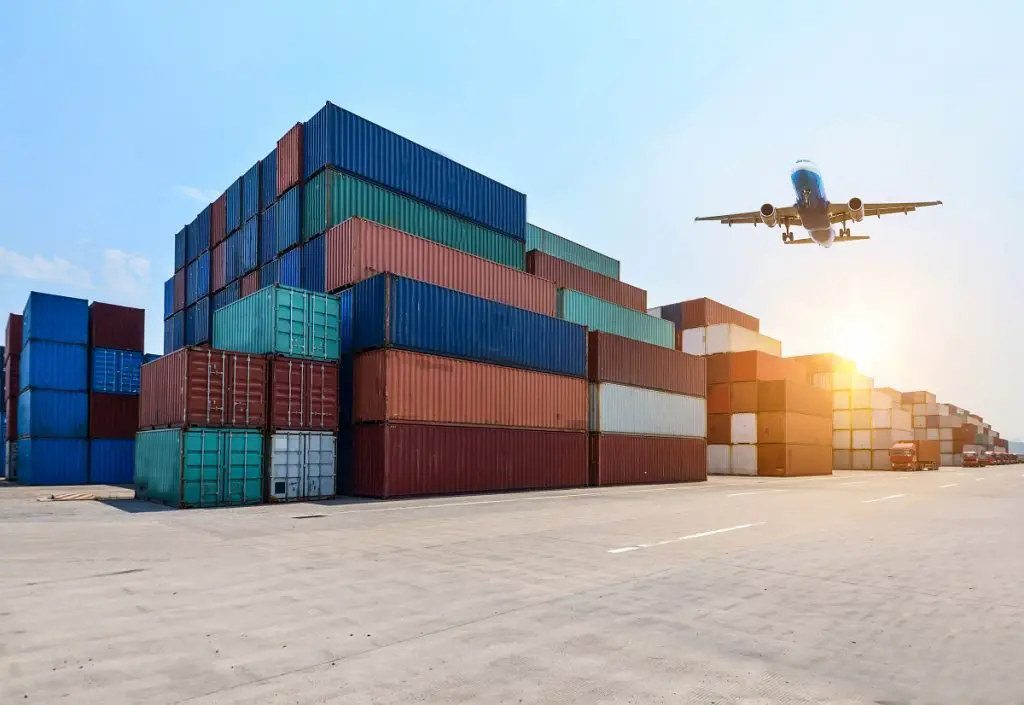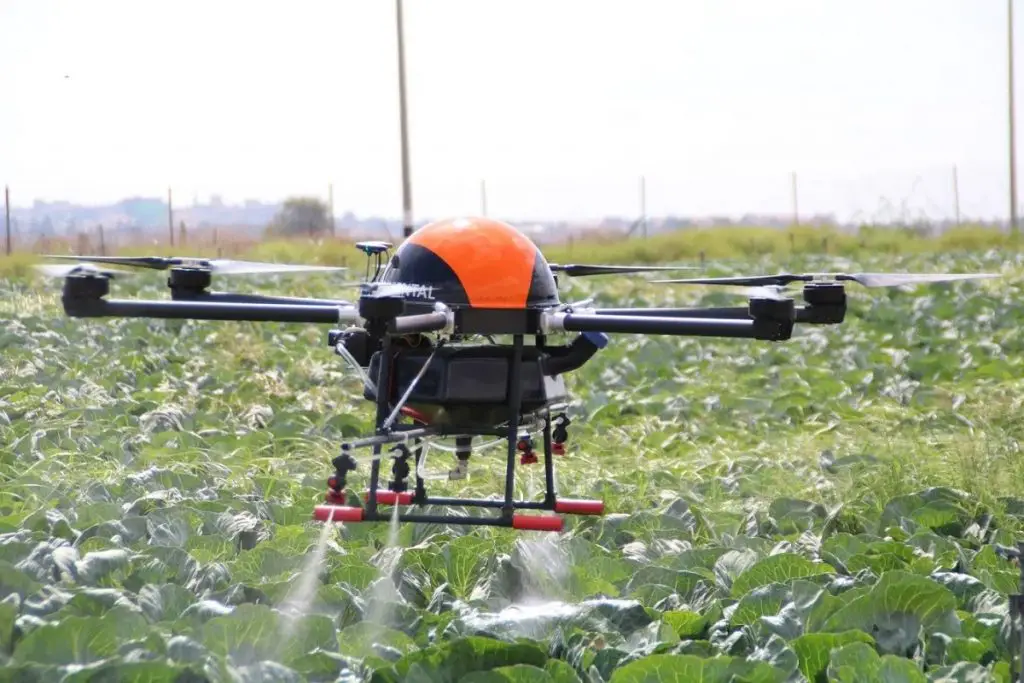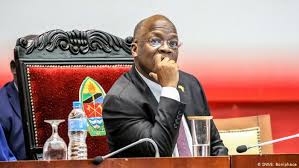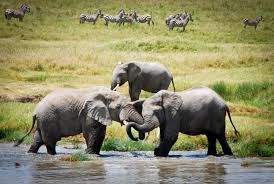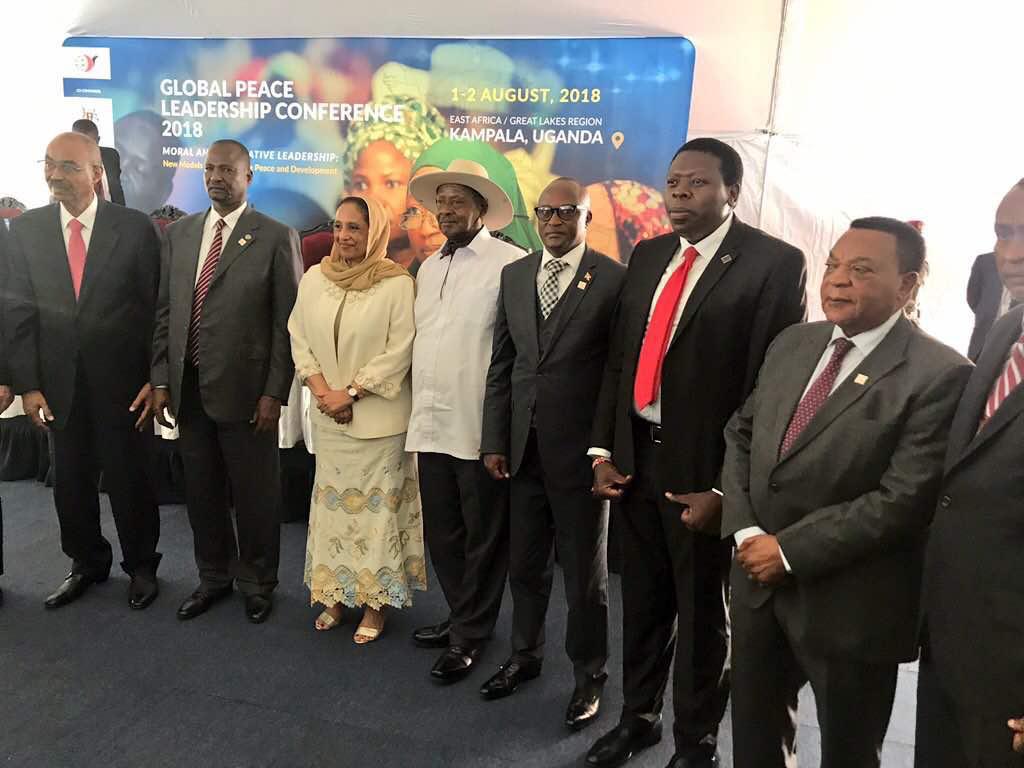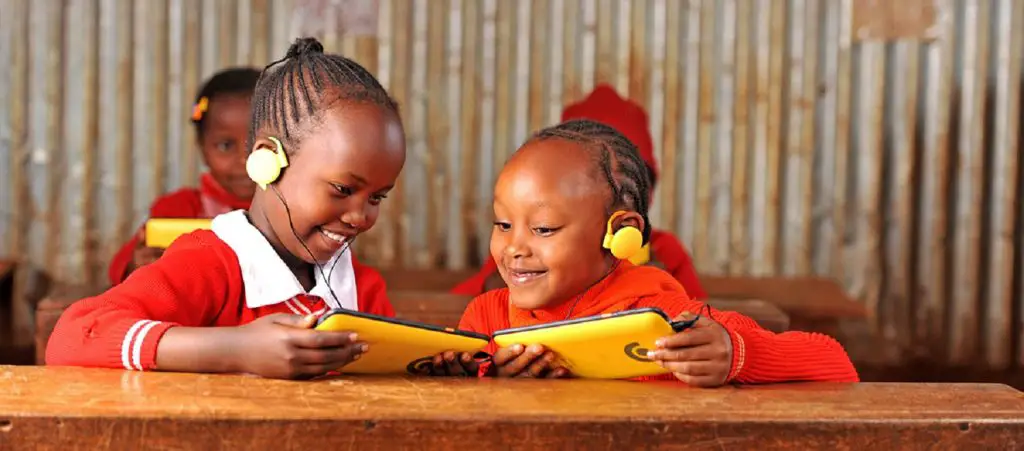- Agribusiness could drive Africa’s economic prosperity
- Dawood Al Shezawi: Why AIM Congress 2024 is the epicenter of global economic and cultural dialogues
- d.light’s 600,000 cookstoves project verified as top source of quality carbon credits
- Artificial intelligence (AI) could create a turning point for financial inclusion in Africa
- AIM Congress 2024: Catalysing global investments with awards
- Kenya’s economic resurgence in 2024
- The most stressful cities to live in 2024 exposed
- Tech ventures can now apply for the Africa Tech Summit London Investment Showcase
Browsing: COVID-19
The trade finance gap remains unacceptably high at US$81 billion as of 2019.…
Africa spends upwards of US$ 35 billion per year importing food.…
A man is dying of thirst yet he is surrounded by fresh water. That is the irony of the African farmer. The African farmer is surrounded by fertile land and two rainfall seasons yet he is poor and has very little yield.
By all accounts Africa should be feeding the world. Most of the continent is miles and miles of fertile land. Since most of Africa is on the equator or just a few degrees above, it experiences tropical weather that is characterized by two high rainfall peaks.
So why does Africa not produce enough food to feed itself and the rest of the world? Simple, Africa’s productivity is in the hands of the smallholder farmer. The smallholder farmer is a poor peasant who uses rudimentary tools to farm.
Faced with the adverse effects of climate change, the farmer no longer has predictable rain seasons. Instead, as is characteristic of …
ACIP offers a unique opportunity to change the way disease surveillance is conducted enhancing the ability to acquire good and timely data.…
With the effects of Covid-19 taking a toll on businesses across the globe, those operating in low income countries and specifically those in Africa have sought for more than finance to pull through.
Invest in Africa (IIA), a private sector-led initiative focused on growing local businesses and local content in Sub-Saharan Africa, has created a Covid-19 SME survival toolkit programme that helps SMEs overcome the potential damage to businesses caused by lockdowns and the ensuing economic shock.
The survival toolkit includes practical guides, solutions and recommendations to help African SMEs get through the many challenges the pandemic represents. It is also organizing a series of webinars under which SMEs can benefit from several industry advisors.
The entity has a curated list of online resources relevant to your business during this pandemic.
“Because the vast majority of businesses in Sub-Saharan Africa are SMEs, they also provide nearly all …
While most other East African countries are expected to fall into a recession for the remainder of the year, Tanzania’s economy is actually expected to grow.
The unexpected projection was given recently by the African Development Bank (AfDB) which stated that Tanzania’s economy may expand by as much as 5.2 percent this year.
This report contradicts that of the World Bank which recently forecast that the country’s economy would suffer a slowdown and slump down to 2.5 percent from last year’s high of 6.4 percent.
“Despite the projected slowdown, real GDP growth in Tanzania will benefit from increased prices of gold, a major national export,” reads the report in part.
The phenomena makes sense since gold prices are still climbing thanks to investors opting to use the precious metal as a store of value against the now volatile dollar. The dollar has been taking a pounding from the effects of …
Five years ahead of schedule Tanzania achieved middle income status. To be exact, the World Bank changed it’s classification from ‘a low-income to a lower-middle-income country.’
East Africa’s sleeping giant is finally awakening. Right in the middle of the global Coronavirus pandemic, Tanzania has provided a rare piece of good news — on 1 July 2020, the country achieved its middle-income vision five years ahead of schedule. – The Africa Report
The World Bank’s news was announced to the country by it’s President John Magufuli bringing even more recognition to the achievements of Tanzania’s fifth administration.
In his twitter handle, the president posted the new country status emphasizing the achievement was accomplished five years ahead of time.
“Today, July 1, 2020, the World Bank announced that Tanzania has become a middle-income country. I congratulate my Tanzanian colleagues for this achievement. This is a big feat that we have accomplished and …
The elephant population in Tanzania has increased from 43,330 in 2014 to over 60,000 this year. The government attributes the increase to crackdown on poaching syndicates.
A key figure in the poaching and black market trade of ivory, was arrested denting the industry greatly. Christened, the “Ivory Queen” Yang Fenglan, a prominent Chinese businesswoman was last year sentenced to at least 15 years in prison.
However, by time of her arrest, it is estimated she alone was responsible for the smuggling numerous tones of ivory to China. Yang was tried and found guilty of operating one of Africa’s biggest ivory-smuggling rings. By the of her arrest, she is said to have been responsible for smuggling ivory worth over USD2.5m. That value is estimated to have been derived from the slaughter of almost 400 elephants.
Following her arrest, activists suffered a great lose with the murder of Roger Gower in 2016. …
When there is conflict, it is the general society and businesses that suffer the most, in fact business should be at the forefront of advocacy for peace.
With almost every element of business going digital, the question of digital platforms been used for radical sentiments is not a political agenda but a socio-economic one.
There is need to take concerted action to promote and facilitate peace especially now, in an age where social media is been used to spread radical content online. Social media and other digital platforms are also very powerful tools to prevent conflict and extremism and promote greater understanding and tolerance.
“We have to take steps to ensure we instill seeds of peace and tolerance for one another, and social media is a great platform to reach youth to promote peace” Martha Nghambi the, Country Director for Global Peace Foundation Tanzania asserted.
Speaking to media over the …
Digital education in Africa is a precondition for the continent’s socio-economic transformation and the survival of its people.…





